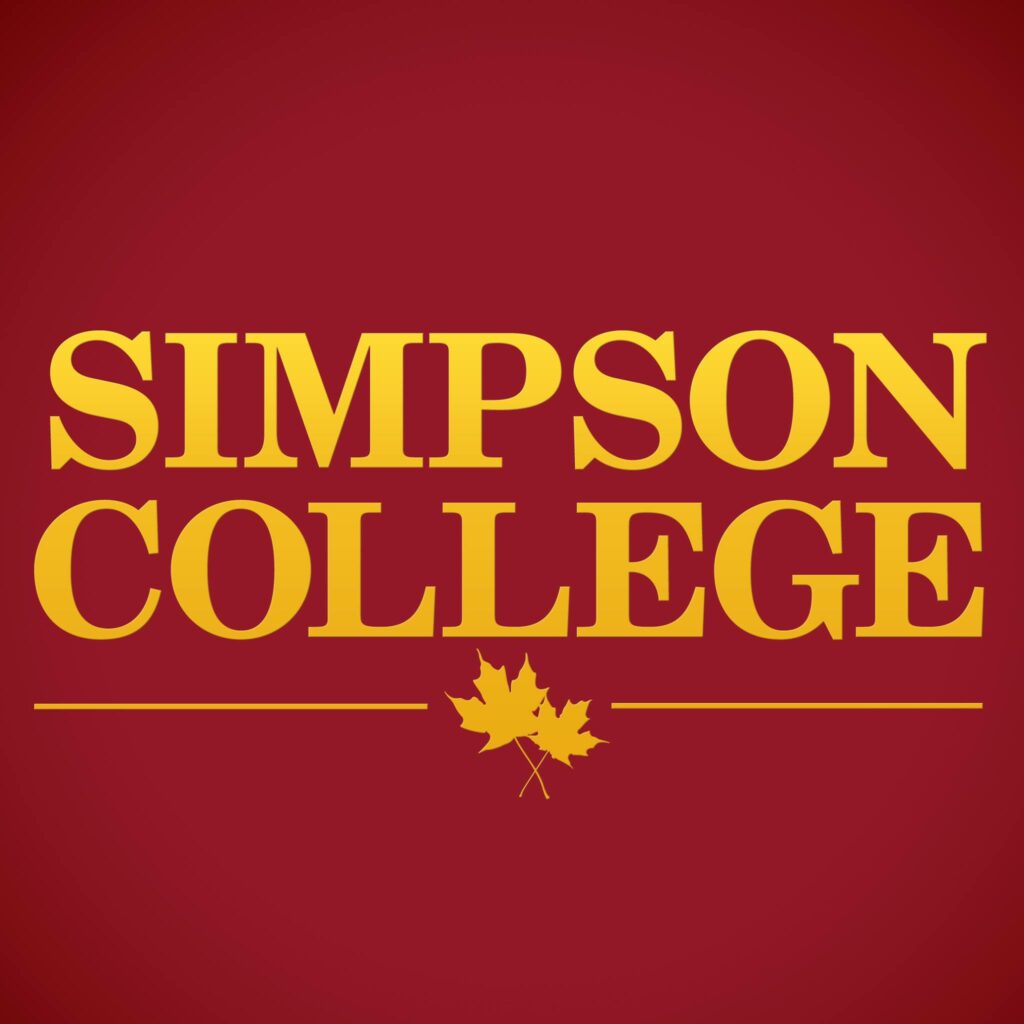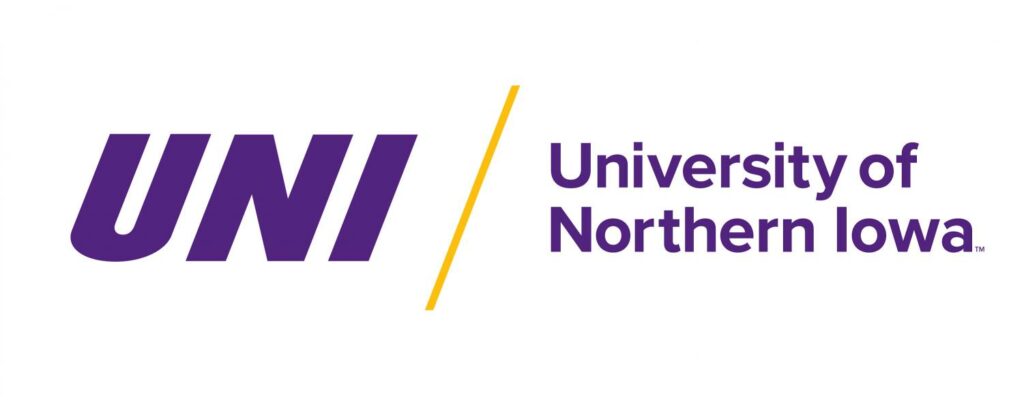Closer Look: Amy Kristof-Brown
Dean, Tippie College of Business, University of Iowa

JOE GARDYASZ Sep 7, 2021 | 9:30 pm
8 min read time
1,796 wordsA Closer Look, Business Record Insider, Education
Amy Kristof-Brown chose the University of Iowa as her academic home 23 years ago, and while she has had numerous professional opportunities to move, she has elected to build her academic career at Iowa. As a professor in the department of management and entrepreneurship, Kristof-Brown has served as director of the department’s doctoral program, as department executive officer, and as senior associate dean of the Tippie College of Business.
She was named interim dean at the onset of the COVID-19 pandemic in March 2020, and was selected to begin the role on a permanent basis on Dec. 1 following an international search. Kristof-Brown is internationally recognized as an authority on team dynamics, organizational fit, and management. She is co-editor of the book “Organizational Fit: Key Issues and New Directions” and has published more than 20 articles in academic journals as well as several book chapters. Her husband, Ken Brown, also works for the Tippie College, as a professor of management in the Department of Management and Entrepreneurship.
You grew up outside Washington, D.C., and completed your undergraduate and graduate degrees on the East Coast. So how did you originally decide on the University of Iowa?
When I looked at jobs across the country, I interviewed at nine different schools. I had opportunities all across the country, and the opportunity at Iowa was unique because there were three or four faculty members here who were just top of the field, really amazing researchers. I had been reading their work and citing them for years. And then here they were, reaching out to me as a candidate and saying, “We really like what you’re working on, we’d love to have you come here and meet you.” It was the first time I’d ever been to Iowa. The welcome was so warm and supportive, which was a very different experience than in a lot of other universities. … And they were very open to looking for dual career opportunities for my husband, and we decided OK, we’re going to move to Iowa. … We’ve been here for 23 years. At the time that I took the job I thought, “We’ll be here for a couple of years and then we’ll go back to the East Coast and raise our kids.” We just never felt the desire to go back once we moved here.
Your research has made you an authority on organizational fit. How does that influence how you handle your role now as dean?
I think that’s a great question, because I do firmly believe in the importance of finding an organization where you have multiple types of fit with the job. It needs to be the job that you want to do, that you find fulfilling, and that you have the capabilities to do. Then there’s your fit with the group or the team that you work with — that’s tremendously important for your satisfaction, your well-being, your mental health. And then there’s the fit with the organizational culture in terms of their values aligning with your values and caring about the same kinds of outcomes and believing in the same purpose for why you’re there. … In my role, first as a department chair, then a senior associate dean and now as dean, I’m heavily involved in recruiting new faculty, and I’m looking for all three of those things. … We use that [criteria] very explicitly to look for new faculty members and then once we get them, we have a good track record retaining them.
How will this fall be different as the business college prepares for another semester following the remo te classes during COVID?
I think that everybody first of all is just very excited to be back. Our buildings are very quiet right now, and they usually are in the summer but they’re quieter than usual. So we’re very excited to have the students back; we’re very excited to be back with our colleagues. So, in large part, we’re hoping to return to normal operations in the fall. Our classes will be regular-size classes and will proceed as we normally would. The percentage of classes online is pretty much the same as it was in fall of ’19. We’ve always had a few classes online, in our undergraduate program. In the MBA program there will be more classes online because that’s where we’re seeing student interest and student demand. We’ve learned some things about what can be done more effectively using technology versus face to face, in terms of how we run our operations. In our budget meetings we will never run 20 paper copies of the budget and pass them around — we will all meet on Zoom, even if we’re all in the same building, and all look at one spreadsheet on the screen.
How do you see your role in terms of your leadership style?
Probably more than anything, I’m an integrator. I like to take people’s ideas and passions and innovation, and pull them together in ways that help solve bigger problems. Often we see things as little pockets of issues, and when you pull it all together you can see that we could do one or two things that would help address different issues, so I rely heavily on my team. I have a really deep bench strength on my executive team and with my department chairs as well. Many of them have been there 15 to 20 years and really are just wonderful people as well as being very creative and dedicated to what they do. I see my role as harnessing all of that into a direction to help elevate the college in terms of our reputation.
What level of support do you feel you’ve had from the University of Iowa as a female professional in your roles with the business college?
I have always felt that I could accomplish whatever I wanted to at the University of Iowa, so I have felt supported professionally and personally. And that matters to women. It matters to men, too, but I think it matters particularly to women to feel that you can accomplish whatever professional goals you set for yourself, but also have a life where you can spend time with your family and focus on them and care about them. … I had multiple opportunities to leave, and I’ve never felt like anyplace else would be better than what I have here.
What convinced you this would be a good position for you?
Sarah Gardial, who was our dean prior to me, was instrumental in showing me that this might be a position that I would like. I was very content at the time to focus on the internal operations of the college. And when she announced that she was stepping away from the college for another opportunity, she said, “I think you would be great at this job. … You know everything that we have and all the potential the college has, and you could talk about it and that could be your job.” So I said, well, that sounds great. Sign me up for that opportunity.
What are the top priorities for the TIppie College in the next year or two?
Increasing strategic partnerships [with Iowa businesses] is my No. 1 priority. … We have a lot of talented students and talented faculty, and we’ve spent the last several years building that capacity through innovative curricula, through hiring really outstanding thought leaders in different areas. And what we’re hoping to do now is really expand our outreach to the state to the region to let [organizations] know what we have to offer, and ways that we can be helpful to businesses, whether those are small, medium, large corporations, whether it’s nonprofits, community organizations, state agencies, whatever it might be. We want to give people the knowledge of what we have to offer so that we can be a partner to them and help them work through difficult challenges in business, whether it’s a talent pipeline, whether it’s solving a difficult problem through data, or providing executive education for a group of managers that need to know more about a particular topic.
And continuing to listen to students in terms of how they want to have learning opportunities. President [Barbara] Wilson, when she interviewed for the position, asked all of the deans to articulate what they thought their biggest opportunities were in the next five years. My response to that question was: Viewing business education as a lifelong learning opportunity. And so [it’s important for] us to continue to think about how we serve our undergraduate population, and our graduate population, and our executives, and the people who don’t want a degree but want to learn something new. How do we approach that you have really a lifelong partner for learning?
What’s an example of an organization that the Tippie College collaborates with currently?
Probably one of our best partners right now is HNI Corp. That is an organization from which we have people on our advisory boards; they provide student internships; they hire students. We provide executive education to their developing manager cohorts. We have worked with them on several data analytics projects in both business analytics and also in finance to provide student teams to them. So they’re a partner that we connect with on multiple levels, and that’s really the kind of partnership that we aspire to with other companies as well.
Do you still keep any element of research or teaching as part of your daily schedule?
Technically in my portfolio I am 100% administrative. Now, I am still working actively on two research projects with graduate students and faculty members — I do that mostly on Saturday mornings. Teaching-wise, as the senior associate dean I taught in our online MBA program and in our Ph.D. program. I was going to take the first year, maybe two, and not do any teaching because I wanted to get a handle on this job first, but I would be very open to stepping back into a classroom at some point to interact with our students at any level.
What interesting books have you read lately?
I just finished a book called “How to Have a Good Day” [by Caroline Webb]. That sounds really kind of fluffy, but it’s actually a very science-based orientation to what strategies you can build into your daily life that help you to then set priorities, accomplish goals and be resilient. And with a community reading group I just finished reading “War and Peace” — which I read from Feb. 1 to May 10. It was a discussion group on Facebook led by Anna Barker [a UI adjunct assistant professor of Russian literature]. That was really enjoyable.










